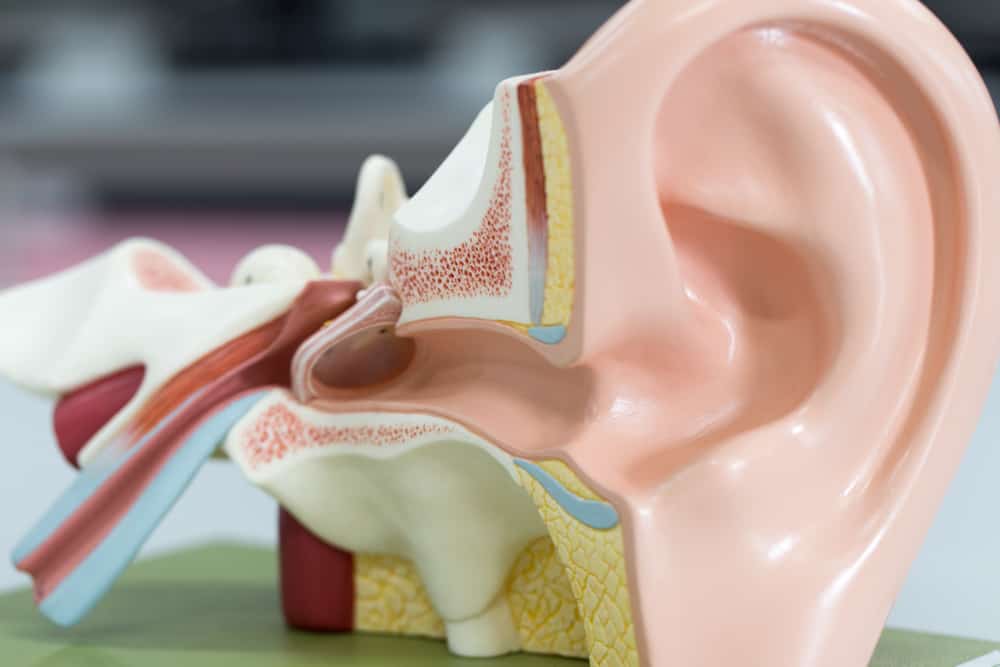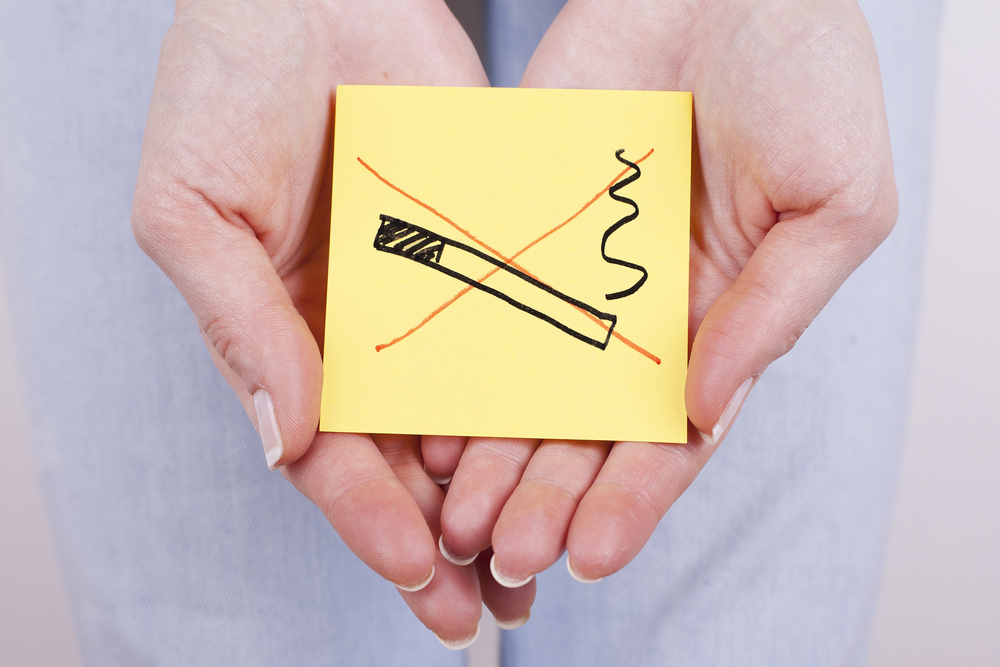Contents:
Medical Video: Aplastic anemia
The most common symptom of aplastic anemia is fatigue. One recent study reported that more than 90 percent of patients with MDS experience excessive fatigue.
The patient's fatigue is a persistent feeling of physical, emotional, and / or cognitive fatigue or fatigue that is not related to the latest activity and which interferes with the ability to function normally.
However, patients often only understand a little about fatigue, which causes many misunderstandings about experiencing fatigue, including:
- Fatigue will only occur if you only sleep or rest more
- This condition means you are only depressed
- If you are really tired, you can't do anything
- You try to do something too much
Why does fatigue occur?
Doctors don't know exactly what causes excessive fatigue in patients, but they have several ideas. The best known cause is abnormal abnormalities of substances that damage metabolism or affect normal muscle function. Other causes may include:
- Chemotherapy and other drugs and treatment
- Sleep disturbance
- Pain
- Psychological factors such as depression or anxiety
- Poor nutrition or insufficient nutrition (nutritional needs can change depending on current illness and care)
- Hormone imbalance
- Other diseases like uncontrolled diabetes
- Physical activity decreases
Tips for fighting fatigue
Fatigue is a real condition for aplastic anemia patients who need support and assistance. There are several things that can help improve quality of life and reduce fatigue. Here are some things to consider:
- Get the best rest: If you don't sleep well, ask your doctor about sleep therapy. Try to avoid long naps that can make you feel nervous in the middle of the day and may make it harder to fall asleep at night.
- Consider starting an exercise program. There are good suggestions from research that shows that, at least for cancer patients, moderate regular exercise can reduce fatigue, emotional stress and sleep disorders, and improve the functional quality of life. Never start an exercise program without checking with your doctor first. Be sure to plan your exercise when you feel best, for example, in the morning if you are more tired in the afternoon.
- Manage related health conditions. Overcome all health problems and other related problems. Make sure you check with your doctor to manage your health effectively.
- Have a way out or a backup plan. When you attend an activity or meeting, make sure to have a plan that will allow you to leave the event easily and quickly if you become too tired.
- Consider using the right medicine. Certain stimulants, antidepressants, and steroids can help. Talk to your doctor about what medications might be right for you.
- Avoid alcohol and large foods. Although tempting, you will feel less tired if you only consume very small amounts of alcohol, helping to avoid overeating. Avoid sweet foods. Eat protein, fat and fiber at each meal.
- Save your energy. Set your priority, step yourself, delegate assignments to others, and schedule activities on the day you have the most energy. Understand your daily and weekly patterns and make them around that time. Make a diary of exhaustion so that you can determine certain times such as days or situations that make you feel more or less tired.
- Be proactive. Tell your doctor about your fatigue and ask for an evaluation.
It is important to consult with a doctor who treats you before starting an exercise program, changing your diet, or using drugs on the market or diet supplements.












